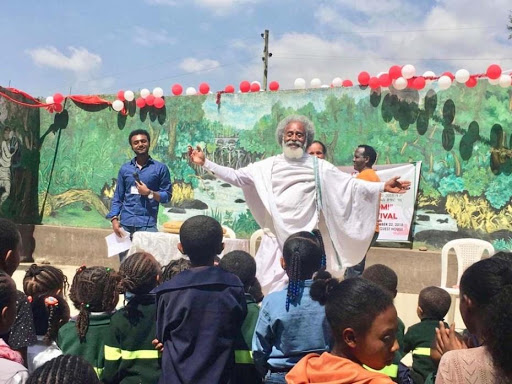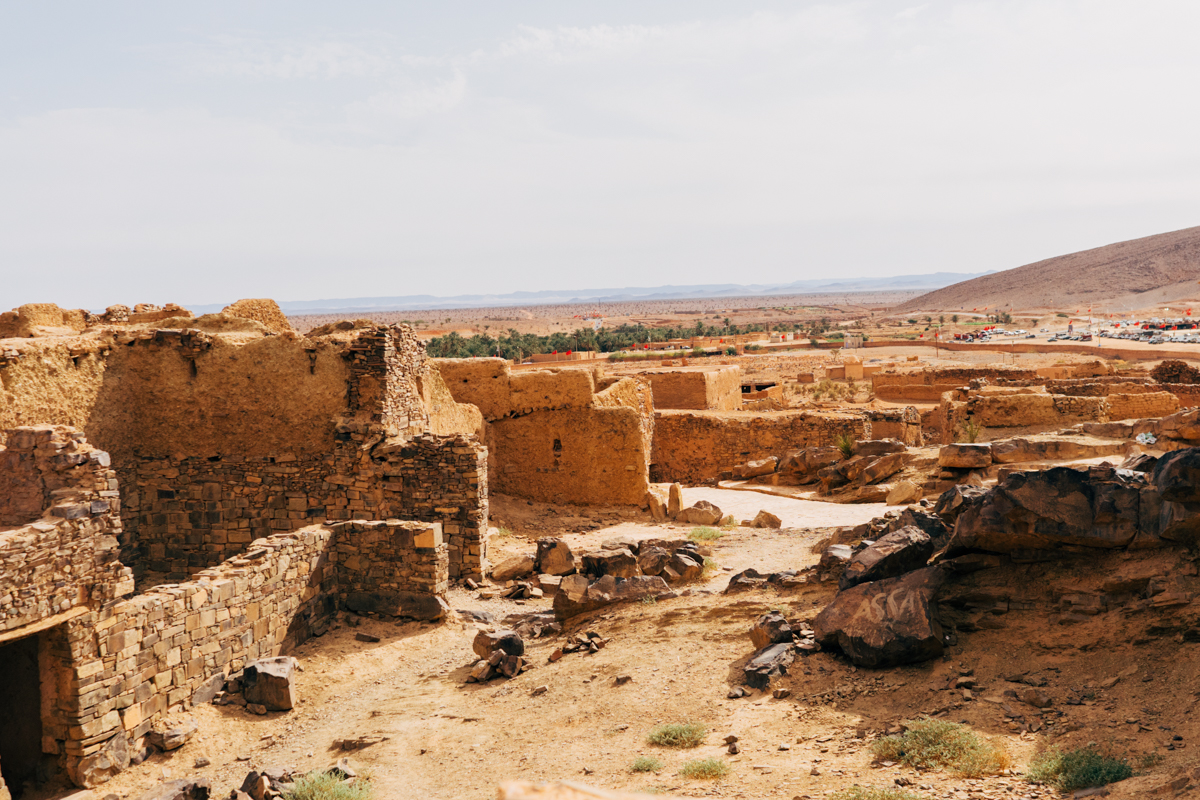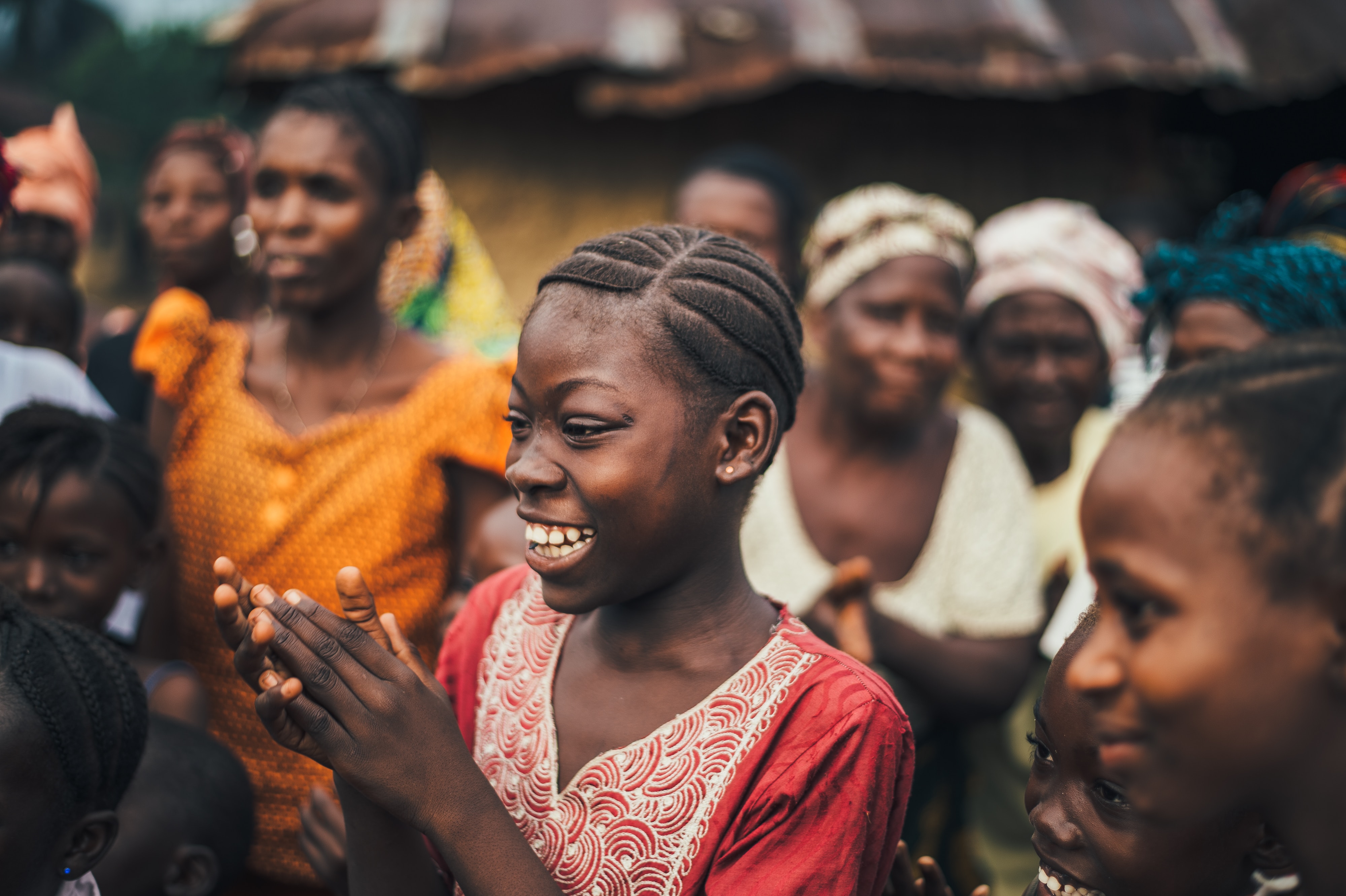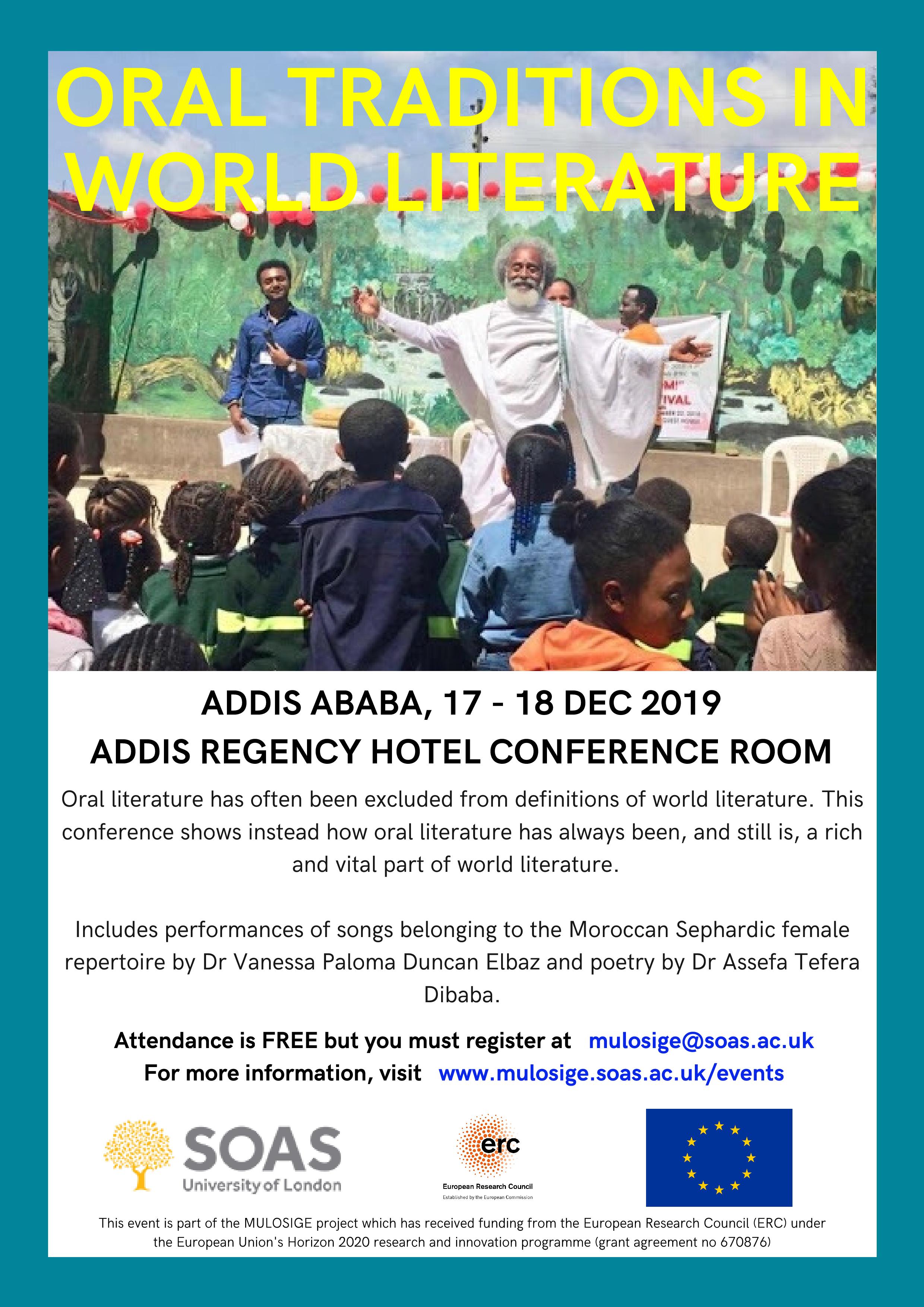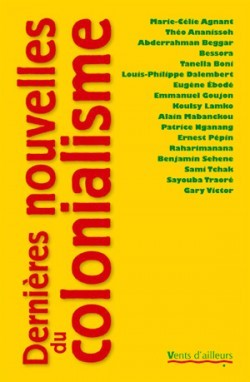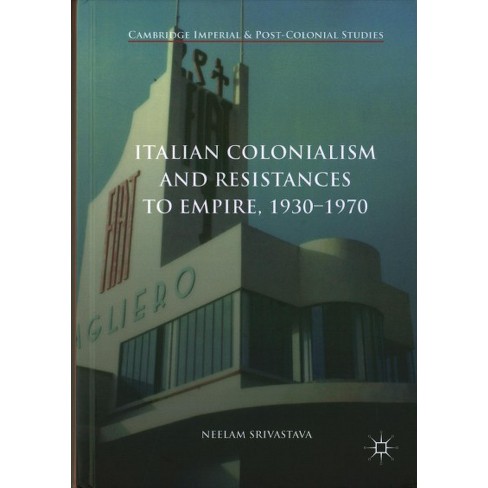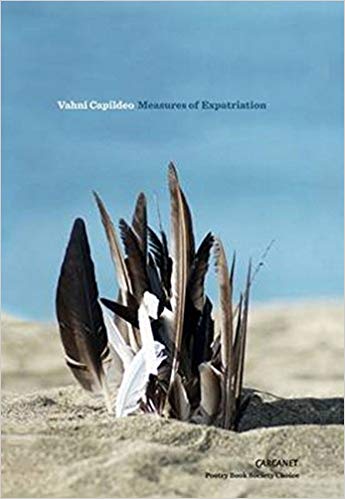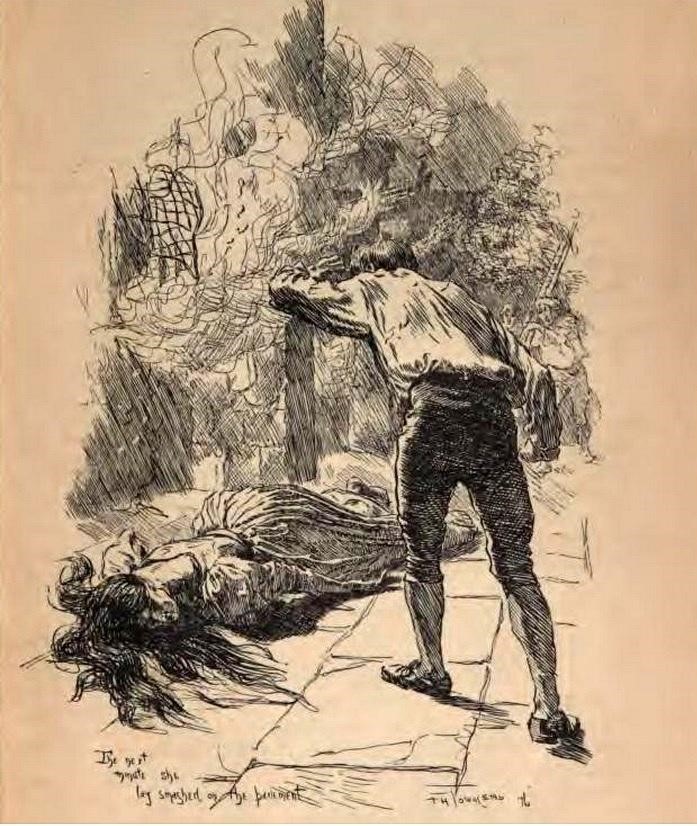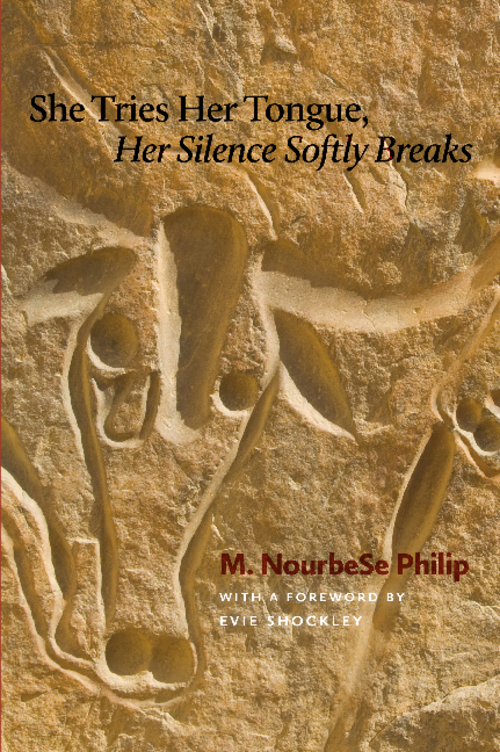.
In the medieval period, the Christian and Muslim parts of the Horn of Africa were well connected with centres of religious learning in the Eastern Mediterranean and Middle East, with a vast network of exchanges and translations between Geez, Arabic, Greek, Coptic, and Syriac. Mission stations set up by various European denominations in the 19th century coincided with a rapid increase in the volume of Tigrinya- and Oromo-language production, while in the imperial court Amharic gradually replaced Geez as the official language of the state.
From the beginning of the twentieth century Amharic saw a boom in fictional and non-fictional production, mostly linked to new state schools, newspapers, and publishing houses. The short-lived Italian colonial presence (1936-1941) did not significantly impact Amharic literary forms, styles and aesthetic values. Starting from the 1941 liberation, policies of cultural assimilationism reinforced the marginalisation of Ethiopian languages other than Amharic, such as Tigrinya and Oromo. International scholars have tended to reinforce the power relation between Amharic as the cultural centre of the region and “peripheral” literatures—thus allying themselves with the dominant language.
Although the issue of orality is perceived to be central to the literary and cultural heritage of the Horn of Africa, there is a general lack of comparative studies between the oral and the written and their interactions. MULOSIGE’s comparative focus on orature and written genres will show how the “local” in the Horn of Africa is layered and structured along networks of linguistic, cultural and political power relations.
Dernières nouvelles du colonialisme: legitimising collective memory in the face of legislative amnesia
Isadora Hutcheson-Lovett argues that "Dernières nouvelles du colonialisme" pushes back against French legislative power; demonstrating collective transnational memory in the face of France's metropolitan amnesia.
Ethiopia and the convergence of antifascist and anticolonial activism in the 1930s
Dr Sara Marzagora reviews Neelam Srivastava's new book "Italian Colonialism and Resistances to Empire, 1930-1977"
Vahni Capildeo: The Mother Tongue is an Evil Myth
Is there such thing as a single language? Capildeo's poetry emphasises linguistic multiplicity even in monoglot societies.
Contextualising politics of the South African Land Fear
Edna Mohamed is an MA Postcolonial Studies student at
Jean Rhys’ Wide Sargasso Sea
Wide Sargasso Sea is an important piece of literature because it encourages us to think about local and transnational literary space.
NourbeSe Philip and destroying the English language
Can the act of recycling the English language liberate those who have been snubbed by the hegemonic power? Is it a way of turning the master’s tools [...] against itself to be used as a device that dismantles the master’s unhinged, socially stratified house?






